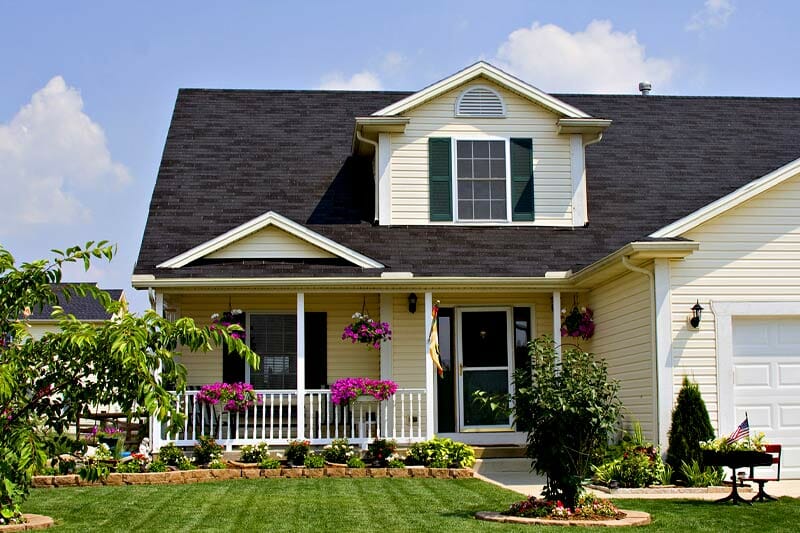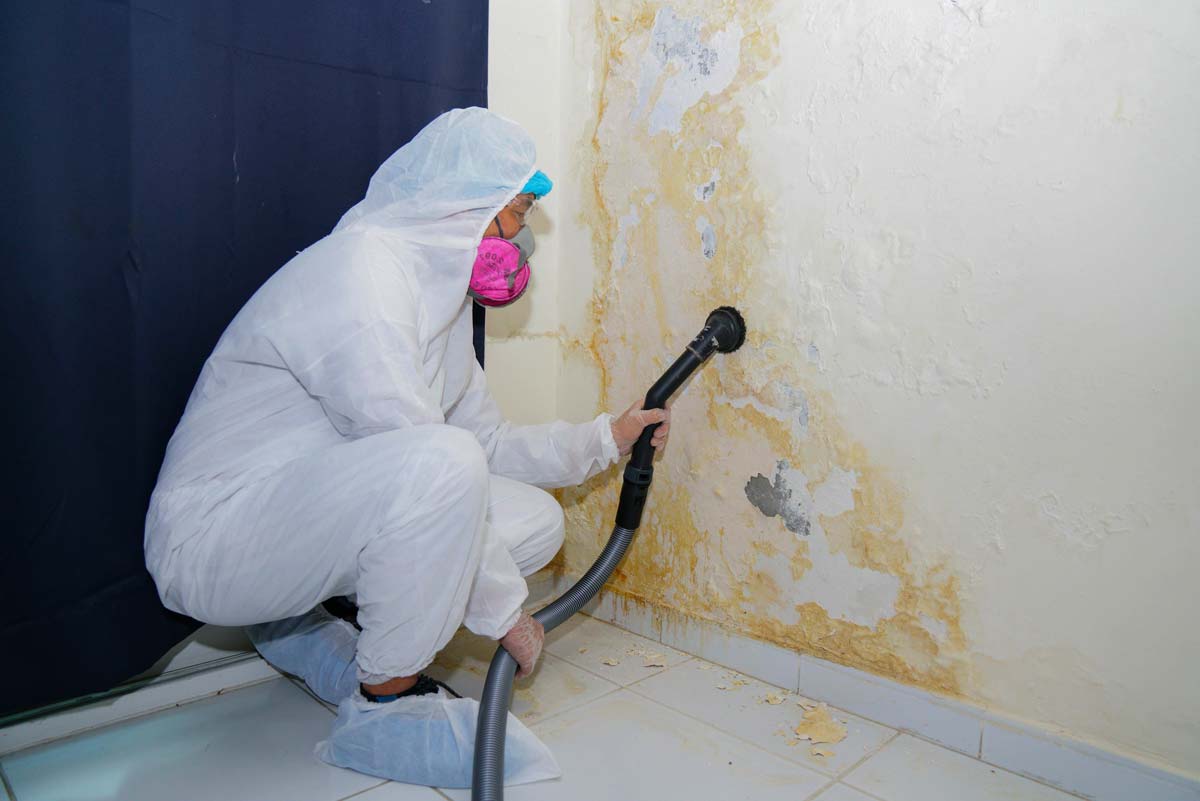One of the major advantages of renting over owning a home is having the ability to contact the property owner about mold problems. Residing in a leased property that shows obvious signs of water damage gives you the right to ensure that the issue is addressed correctly.
Indiana State law requires sellers of residential buildings with up to four units to disclose in writing any known hazardous conditions, including mold (Ind. Code Ann. § 32-21-5-7).
If the tenant notices a musty odor, water damage, or suspects mold growth the landlord must be contacted immediately.

What we cover
ToggleSelf-helping strategies for tenants in Indiana?
Tenants in Indiana State have two strategies at their disposal that are recognized by the courts and that they can use in case of a mold outbreak in the apartment, “rent withholding” and “repair and deduct”.
Rent withholding
Rent withholding is when a tenant decides to stop paying rent while claiming that the mold had harmed his health and made the apartment uninhabitable. Regardless of what may appear in a written lease with tenants, landlords in Indiana are bound by the “implied warranty of habitability” to provide the tenants with a livable apartment.
Repair and deduct
The second strategy implies that tenants can take care of mold clean-up on their own and then subtract the cost from their rent.
Landlords' responsibility for mold in Indiana
There is no specific federal law that covers a landlord’s liability when it comes to mold. Although Indiana has enacted laws to regulate mold in schools and state agencies, the State has not yet specifically addressed a landlord’s duties or liability when it comes to mold prevention and remediation.
Can tenants seek justice in court?
Tenants can compensate for their losses in court from their landlord if they have been harmed by the presence of a high concentration of mold in their apartment. If a judge or jury agrees that the landlord’s negligent behavior created mold growth, the landlord can be held responsible.
Mold disclosure laws in Indiana State
Indiana State law requires landlords and sellers of residential buildings with up to four units to disclose in writing mold presence and known hazardous conditions. On the other hand, Indiana doesn’t have any statutes or regulations that require disclosure of high concentrations of mold in rental properties to the prospective tenants.
The lack of affirmative disclosure requirement doesn’t mean that the landlord has no obligation to answer any questions about plumbing, humidity, and ventilation issues if the property is listed for rent.
Deducting mold-related costs
If the landlord believes that the departing tenant caused a mold problem in the rental property, the landlord may deduct the cost of cleaning from the tenant’s security deposit. Indiana law allows landlords to do this, provided they give the tenant a written explanation of the mold damage costs within 45 days of the tenant’s lease termination.
If this amount is less than the security deposit, the landlord must return the remainder of the deposit to the tenant along with the written documentation of damage deduction (Ind. Code Ann. § § 32-31-3-12, 32-31-3-14).
How long does the landlord have to fix the mold problem in Indiana?
The landlords in Indiana have seven days to fix the mold problem after receiving the notice. If the problem has not been fixed after seven days, the tenant may choose whether or not to stop paying rent so long as they provide one month’s notice before stopping the payment. Further compensation for mold exposure can be recovered by way of a personal injury claim.
Tenants relocation due to mold
In general, tenants need to be relocated if the mold problem is serious enough to make the apartment uninhabitable. In these cases, landlords are usually required to remediate mold at their expense unless it is caused by the tenant. Who covers the costs of relocation will depend on the lease terms and the laws of the applicable jurisdiction.
Note: See full list of states and mold laws here














